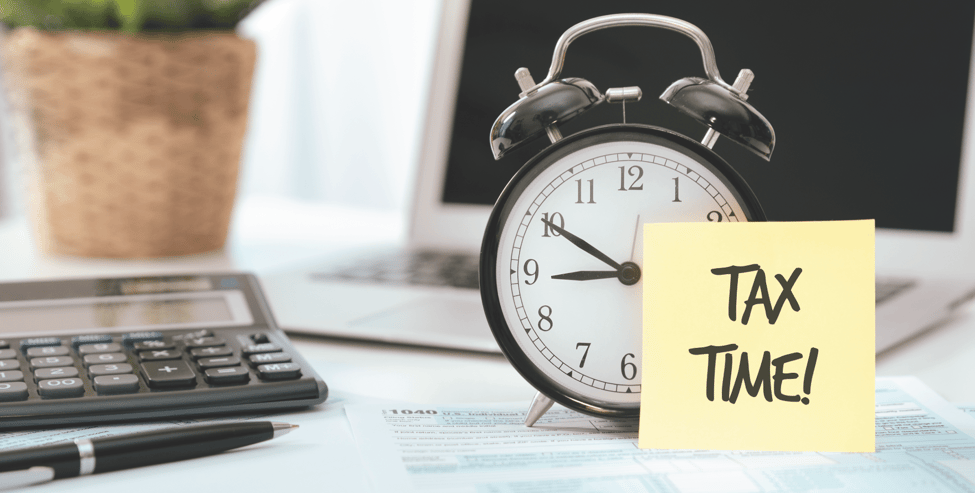The tax man comes a calling this month — and if you’ve bought or sold real estate in the past year, there are a few things you’ll want to keep in mind when filing your return.
Tax season can feel overwhelming, especially if your real estate situation changed in 2024. Whether you’re a homeowner, an investor, or a real estate professional, now’s the time to get organized and make sure you’re not missing any critical details — or potential savings.
Here’s what you need to know.
Sold Your Home? Make Sure You Report It
If you sold your principal residence last year, even if it was your primary home the entire time and you don’t owe any capital gains tax, you still need to report the sale on your tax return.
The CRA requires all home sales to be reported. Forgetting to do so could result in penalties, even if no tax is owed.
What to include:
The year you bought the home
The sale price
Confirmation that it was your principal residence for the entire period
Don’t skip this step — it’s quick but essential.
Self-Employed in Real Estate? Track Your Deductions
If you’re a real estate agent, broker, or self-employed in any way, there are likely business expenses you can deduct. These write-offs help reduce your taxable income and can add up fast.
Common deductions include:
Marketing and advertising (including social media)
Brokerage and board fees
Vehicle expenses and mileage
Cell phone and internet bills
Home office setup or rent
Client gifts and meals (within CRA rules)
The key is keeping clear, detailed records throughout the year. It’s one of the best ways to maximize your return.
Earning Rental Income? Know What You Can Claim
If you own a rental or investment property in Toronto, you’re required to report the rental income on your tax return — but you can also deduct a range of expenses that reduce your taxable income.
Claimable expenses may include:
Mortgage interest
Property taxes
Repairs and maintenance
Condo fees
Insurance
Utilities (if covered by you)
If you made capital improvements (like a new roof or kitchen), those costs may be depreciated over time through capital cost allowance.
Considering Incorporation?
Many real estate professionals are now exploring Personal Real Estate Corporations (PRECs) to help manage income, especially if they’re earning more than they need to live on.
Incorporating can:
Offer tax deferral opportunities
Provide income splitting potential (in specific cases)
Allow for better control of retained earnings
It’s not for everyone, but if your business is growing, it’s worth having a conversation with a tax professional to explore whether it’s the right fit for you.
Key Dates to Remember
April 30, 2025 – Deadline to file and pay your personal taxes (if not self-employed)
June 15, 2025 – Filing deadline for self-employed individuals (but payment is still due April 30)
March 1, 2025 – Deadline for RRSP contributions for the 2024 tax year
Put these on your calendar now so you’re not scrambling at the last minute.
Final Thoughts
Taxes may not be the most exciting part of real estate, but they’re one of the most important. With a bit of preparation and the right support, you can avoid costly mistakes and even uncover savings you didn’t know were there.
If you’re unsure about your next step, talk to a tax professional who understands the real estate world. Or reach out — I’m always happy to connect you with someone in my network.

